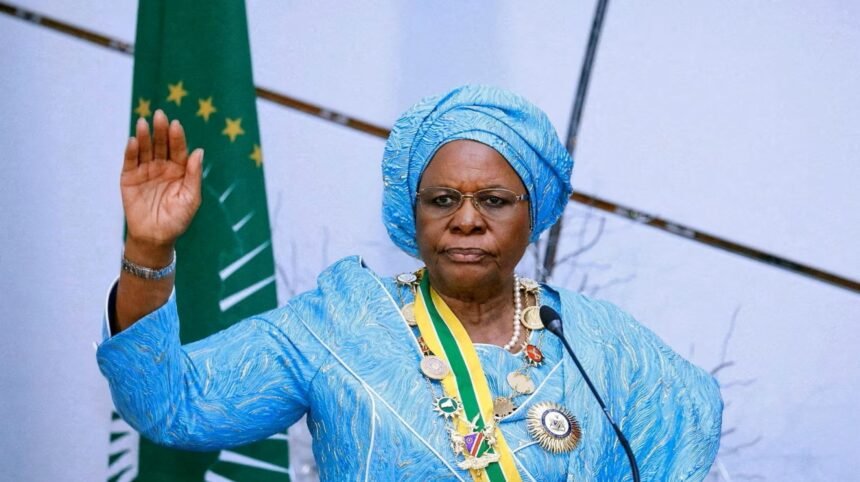Windhoek – The World Bank’s recent decision to reclassify Namibia from upper-middle to lower-middle income status raises more questions than it answers. While the institution points to economic data as justification, the timing and selective nature of this move suggest other factors may be at play.
At first glance, the numbers tell a straightforward story. Namibia’s GDP growth slowed from 4.4% in 2023 to 3.7% in 2024, with the diamond mining sector experiencing a notable decline. Inflation also decreased significantly during this period. These figures, calculated using the World Bank’s standard methodology, formed the basis for the reclassification.
Yet the context makes this decision puzzling. Namibia stands alone as the only country worldwide to be downgraded in this year’s assessment. This comes as the nation is taking bold steps toward African economic integration, forming strategic partnerships across the continent and championing reduced reliance on Western financial systems. The coincidence is hard to ignore.
The situation exposes a deeper issue facing African nations. Without independent research institutions capable of providing authoritative economic assessments, the continent remains dependent on foreign entities whose methodologies and motives may not always align with African interests. When outside organizations control the narrative of economic progress, they inevitably shape policy decisions across the region.
While the World Bank report highlights positive trends elsewhere in the developing world, Namibia’s singular downgrade suggests the institution may be applying different standards to different nations. This selective treatment raises legitimate concerns about whether the assessment fully accounts for Namibia’s economic strategy and regional leadership role.
For Africa, this episode serves as a wake-up call. True economic sovereignty requires more than just sound policies – it demands the ability to define and measure success independently. The continent must invest in building its own analytical capacity to avoid being held hostage to external assessments that may not reflect local realities.
Namibia’s experience demonstrates why this matters. When a nation making clear progress suddenly finds itself downgraded by foreign institutions, it reveals how easily economic narratives can be shaped to serve particular interests. The solution lies in developing African expertise and institutions capable of providing balanced, context-aware economic analysis.
As the continent moves toward greater integration and self-determination, controlling its own economic story becomes increasingly vital. Namibia’s case shows what’s at stake – not just for one nation, but for Africa’s collective future. The path forward requires building systems that recognize and validate African development on its own terms, free from external agendas.










